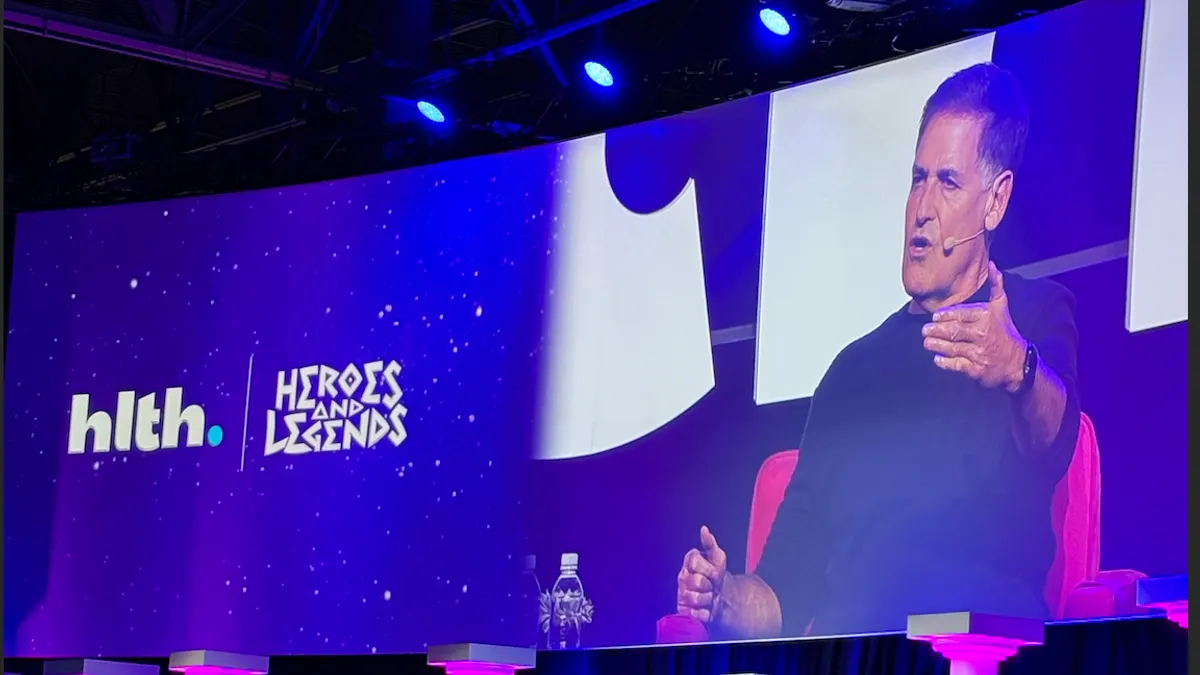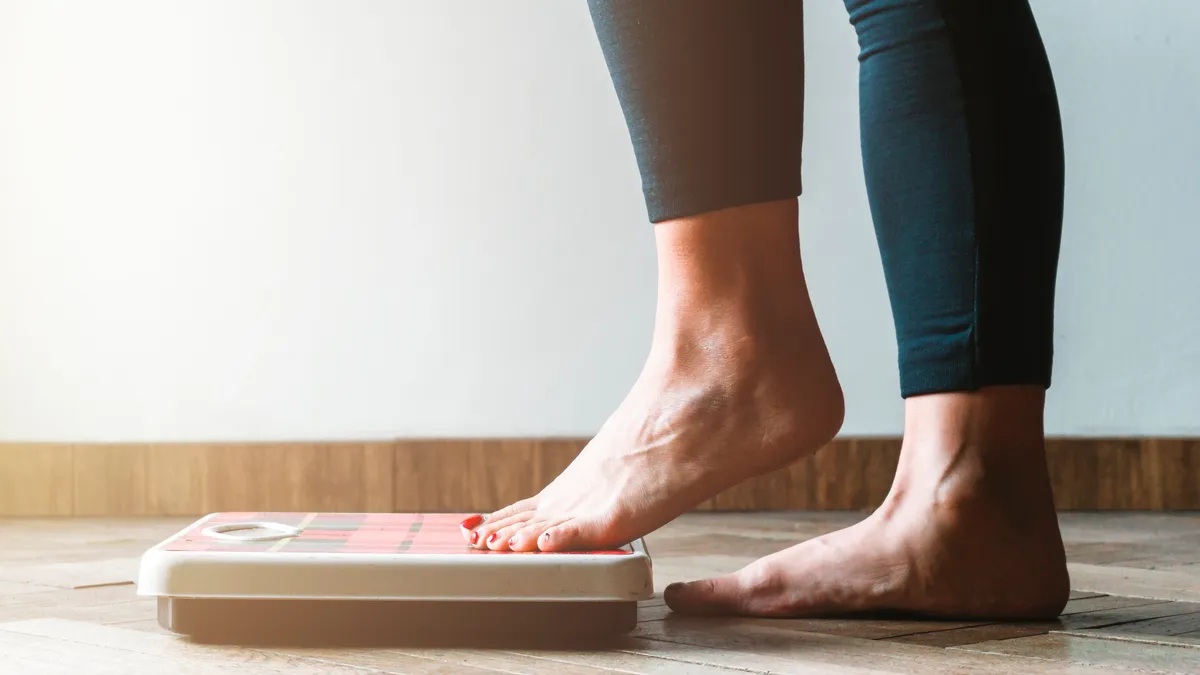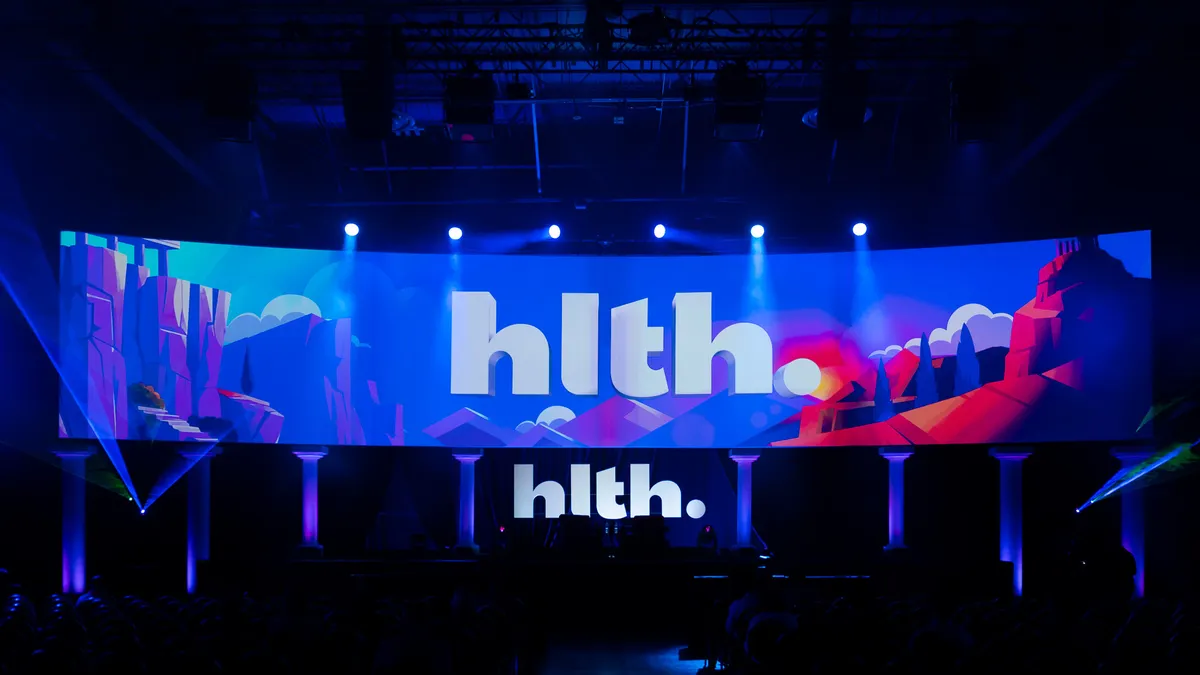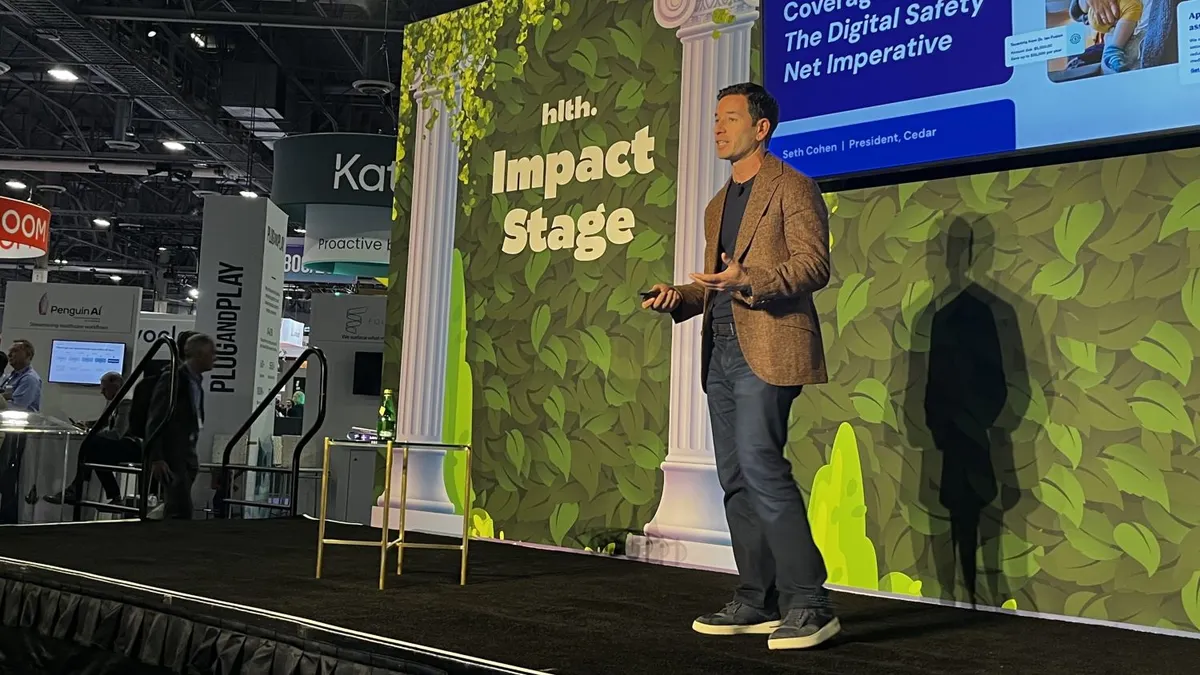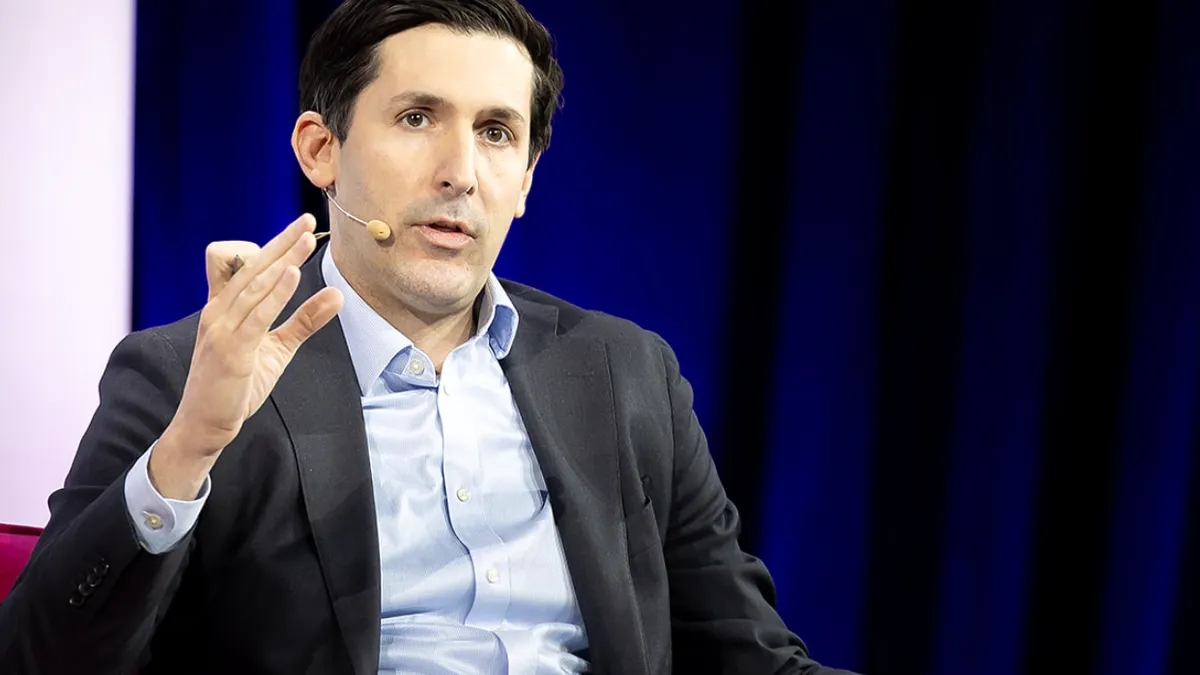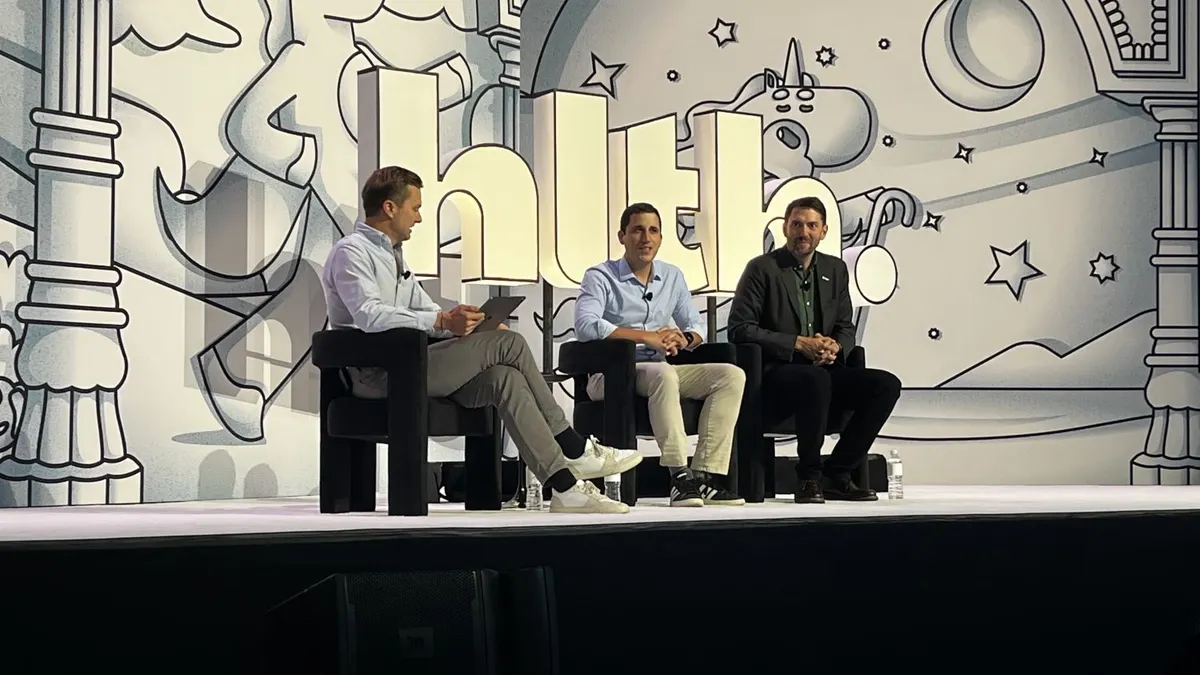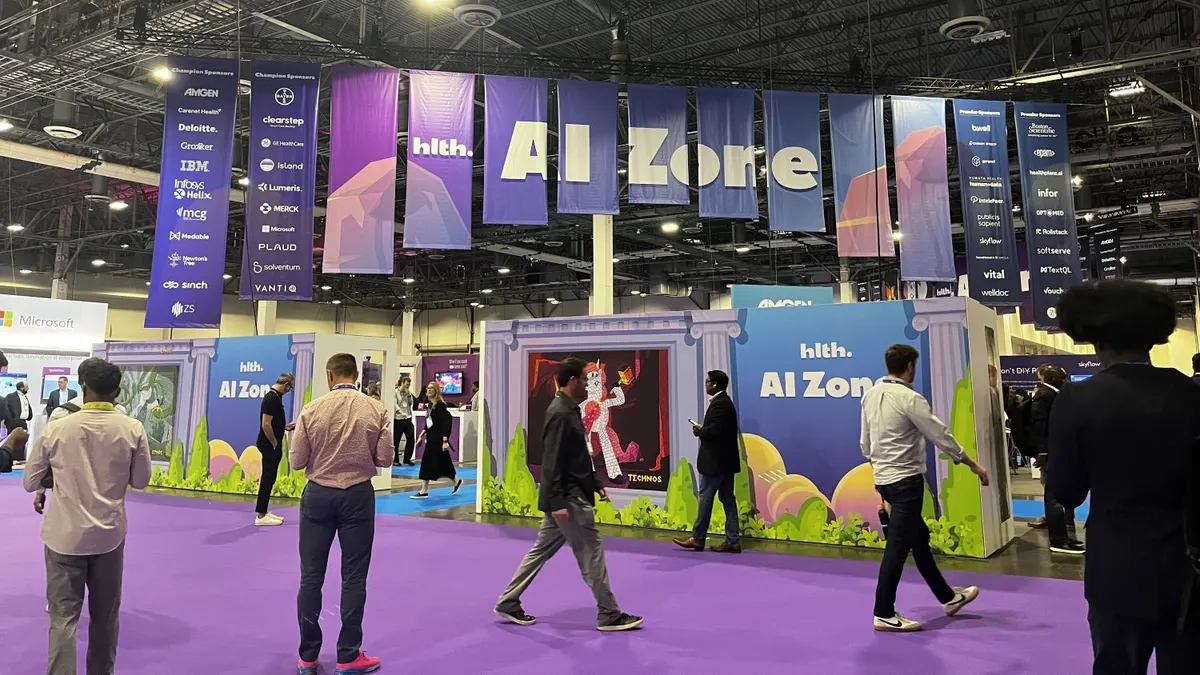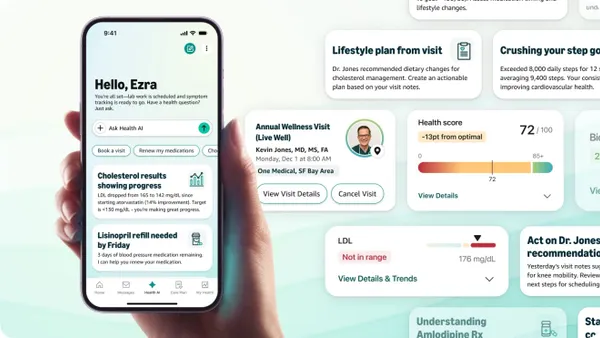Dive Brief:
- Generation X and Millennials are more interested in utilizing artificial intelligence tools in healthcare as the two generations are increasingly squeezed by caregiving responsibilities for children and aging parents, according to a survey by PwC.
- More than 70% of Gen X and Millennials are currently using or interested in AI-assisted diagnosis products leveraged and reviewed by doctors, compared with 56% of the total population, according to the report released at the HLTH conference Monday.
- Additionally, 73% of the two generations are using or interested in AI-backed care navigation tools, compared with 53% of the overall population. “They just have a lack of time,” said Thom Bales, principal and health services advisory leader at PwC. “And so I think that when you see their openness, it is a call to simplifying their life.”
Dive Insight:
The report comes as Americans across generations are worried about healthcare costs, and many have a dim view of the nation’s health system overall, according to the report, which surveyed more than 4,000 U.S. adults earlier this year.
About three-quarters of respondents were worried about healthcare costs that go uncovered by health plans as well as long-term and chronic care expenses. Additionally, about 70% were worried about out-of-pocket costs, emergency care expenses and high insurance premiums, according to the report.
Overall, nearly 30% said they’d delayed or skipped recommended care because they couldn’t afford it.
Cost concerns are especially acute for the “sandwich generation,” or people who are juggling caregiving tasks for their young children and older parents. More than 60% of Gen X and Millennial respondents reported worrying about affording healthcare if they lost their job or insurance coverage.
Caregivers pressed by healthcare costs
However, there is some hope that healthcare could improve, in part due to new technology.
Forty-four percent of those surveyed believe the consumer outlook will improve over a decade, driven by optimism for advancements in medical technology, improvements in early detection and prevention, and greater AI integration that results in better quality care.
Younger generations are also more likely to adopt new health technologies and seek care outside of traditional healthcare facilities.
Nearly half of Generation Z and Millennial respondents said they used retail clinics in the past year, compared with 33% of the overall population, according to the survey. They’re also more likely to use health insights from digital health apps and AI technology.
But Gen Z trust in primary care physicians is nearly 30 percentage points lower than Baby Boomers, as they show more interest in retail and tech companies for healthcare delivery. This generation is likely more acclimated to accessing care through a retail or urgent care clinic, Bales said.
“Meet me when I can meet, the rush to an urgent care late in an evening when I’m sick — that you may never see that individual physician again. And at this point in their life, that is often what they're most exposed to,” he said. “Contrast that to folks with chronic diseases, which probably have very well-defined care networks. You would expect there to be some difference.”








